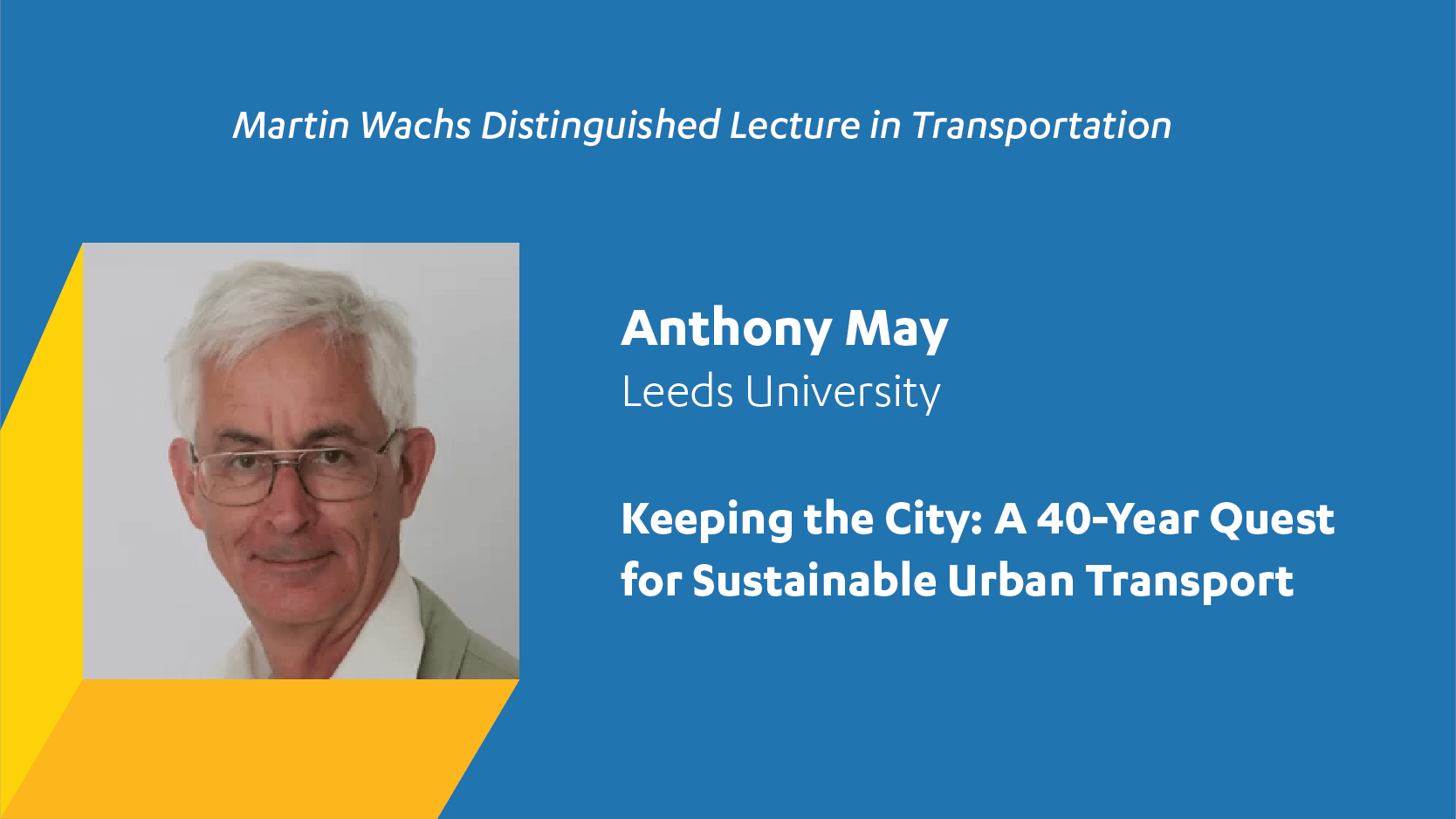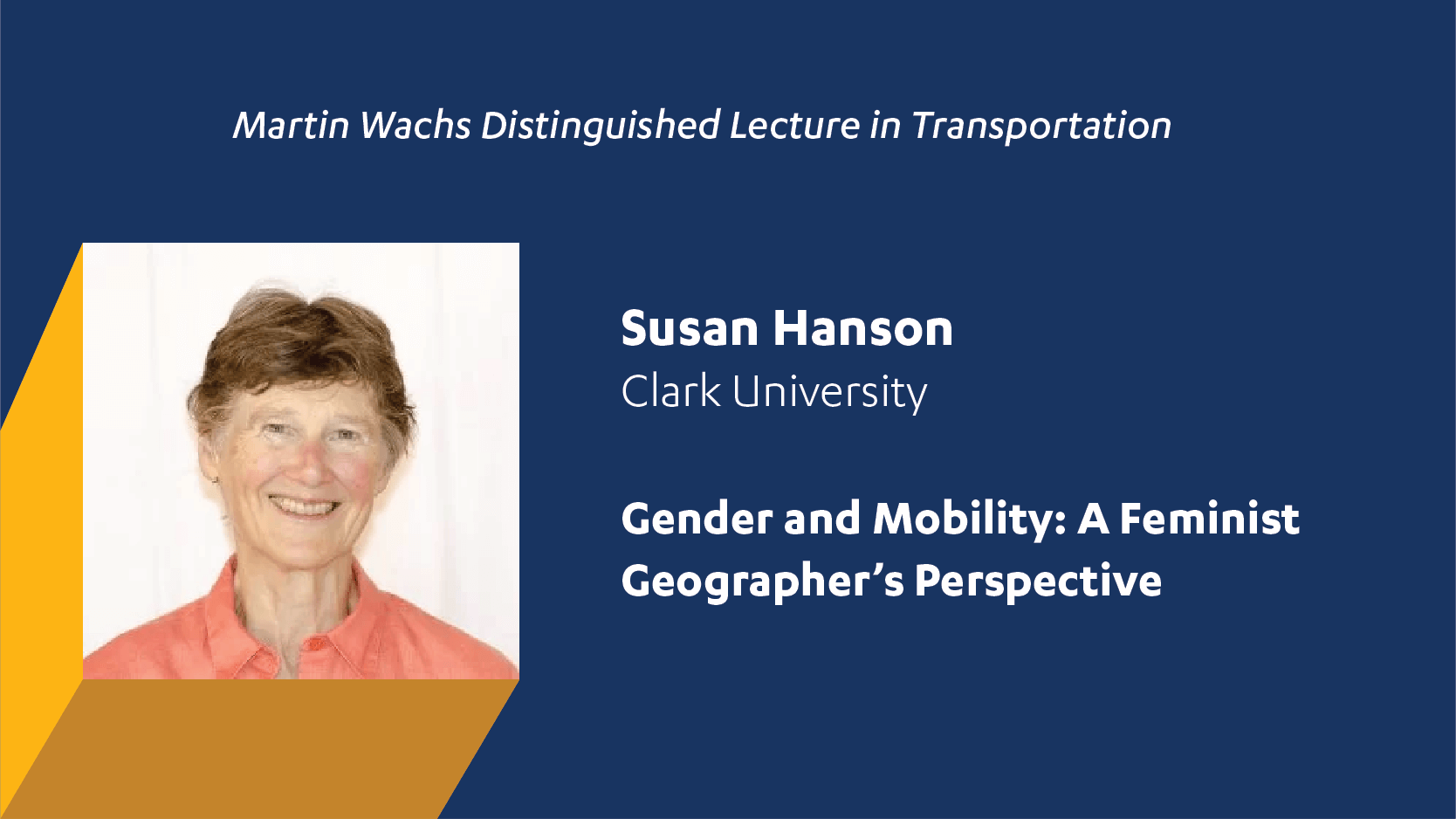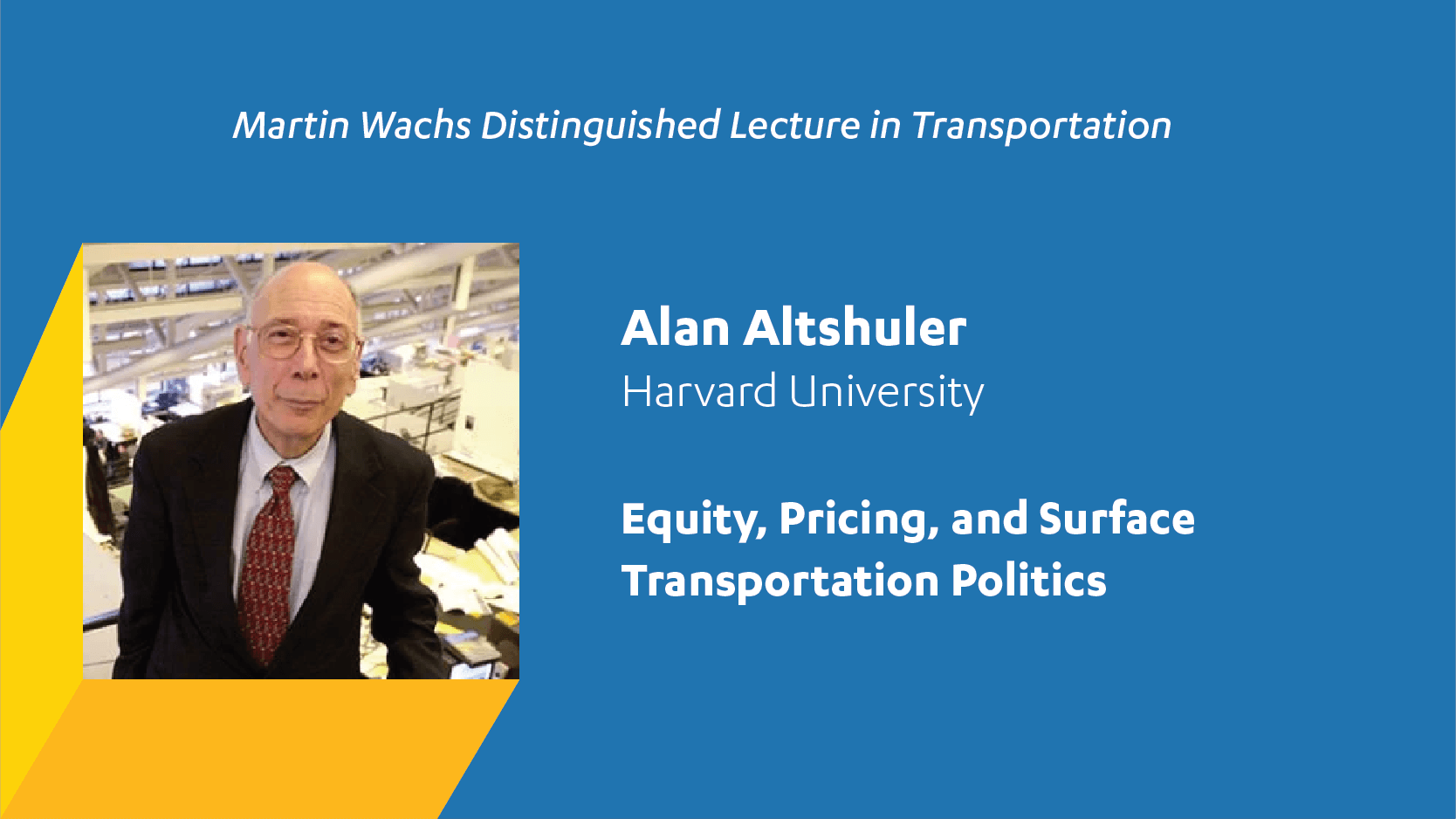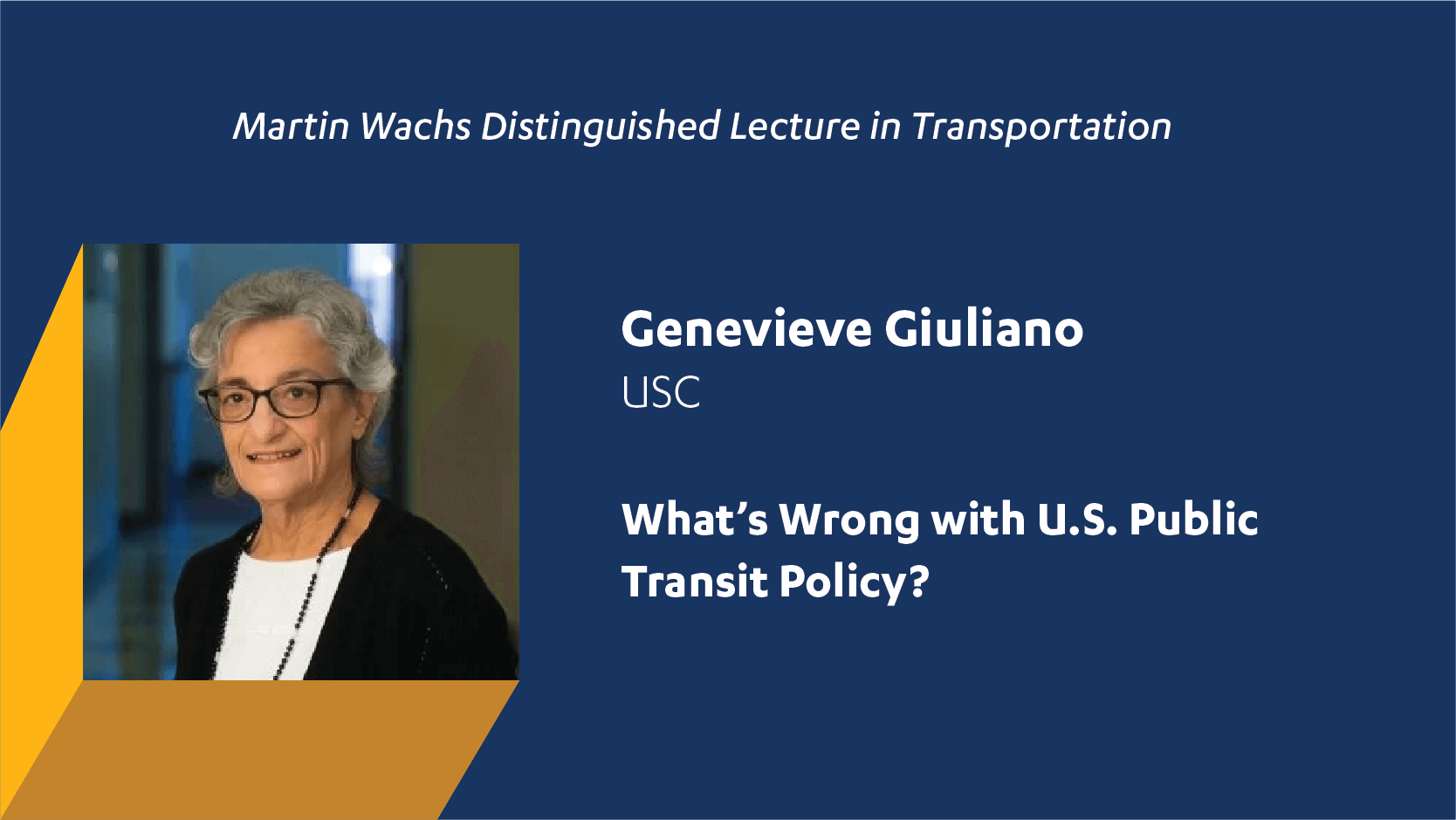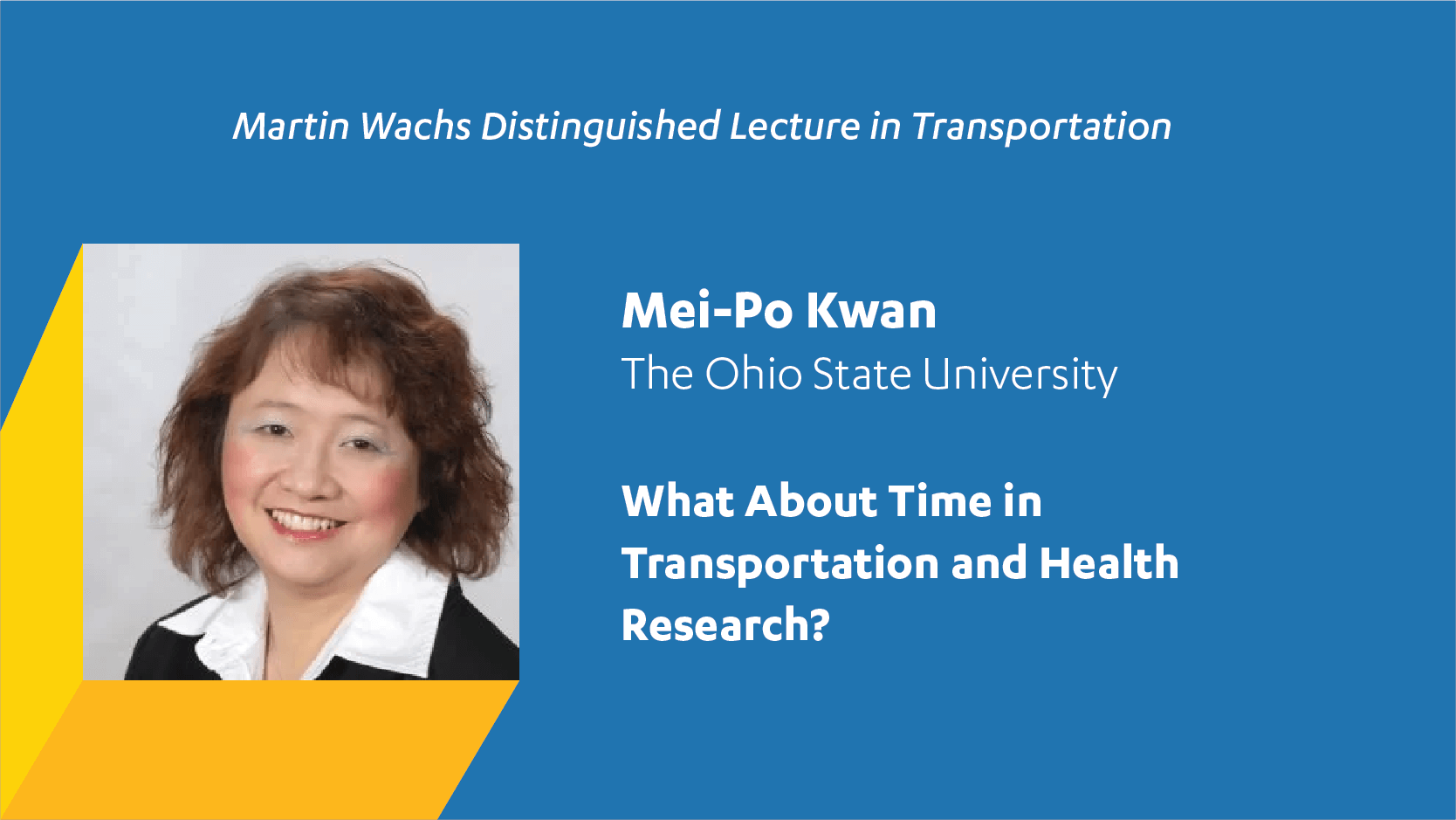
Why the Worst Megaprojects Get Built
UC Berkeley hosted the inaugural Martin Wachs Distinguished Lecture--presented by Bent Flyvbjerg, professor of planning at Aalborg University, Denmark and a former Wachs doctoral student. Flybjerg discussed the tendency of megaprojects to go over budget, with nine out of 10 estimated to incur cost overruns. Demand for particular megaprojects are also significantly overestimated, while their budgets greatly exceed initial estimates, creating a costly, underutilized project. How should this overoptimism and overcomplexity be addressed through policy?


